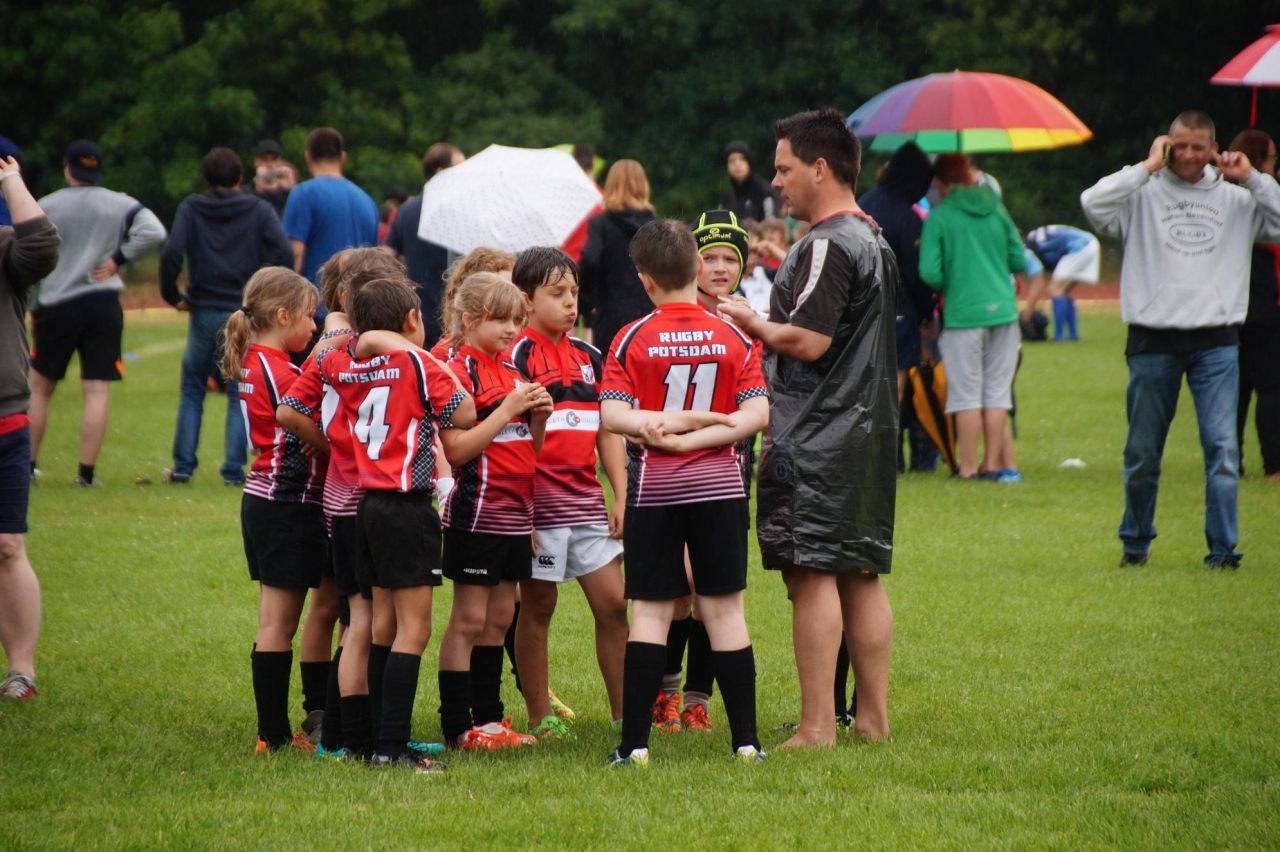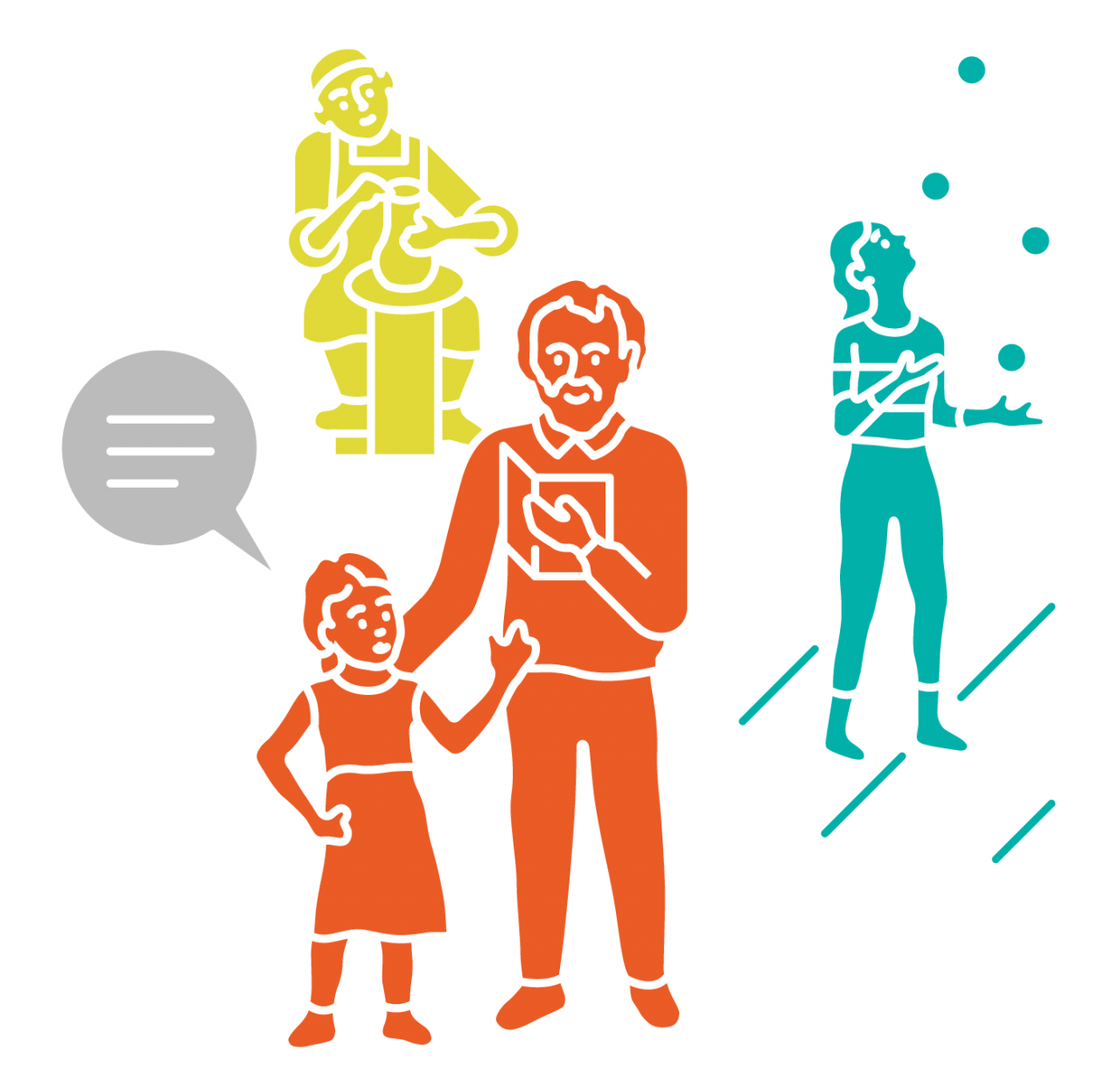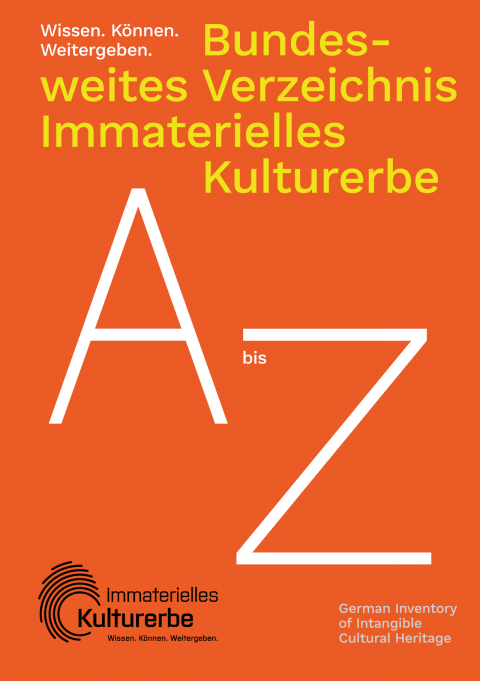Nationwide Inventory of Intangible Cultural Heritage
Community-Oriented Sports Club Culture

There are around 90,000 sports clubs in Germany. Around one million club members volunteer in sports, including training, competitions or match management. Sports clubs create social spaces, provide a variety of teaching and learning opportunities, and promote the common good.
The beginnings of sports clubs date back to the 19th century. The clubs have laid the fundamentals for the development of various expressions of body and movement culture, including the popular sports and fitness movement in the late 20th century. The traditional sports club culture includes regular member meetings, parades, sports and club balls, sports festivals with neighbouring clubs or participation in street festivals. Another significant factor is the growing fan culture in many sports. Immigration has also made an important contribution to the vibrancy of the sports club culture in Germany and to mutual intercultural understanding.
Sports clubs offer numerous teaching and learning opportunities and thus take on important functions that complement those offered by the public education system. The focus is on learning about movement, technique and tactics. In addition, sports clubs also contribute to the personal development of their members. Athletes learn to accept rules, to be part of a team, to deal with the limits of their own physical abilities as well as with successes and defeats in competition.




Fair play and tolerance
Sports clubs adopt current socio-cultural trends and integrate them into their offerings. Sporting competitions, on the other hand, have in common that they are held based on highly differentiated rules, which also contain a clear ban on doping. Fair play and tolerance are basic requirements and are of great importance. Furthermore, sports clubs operate from the centre of society and are directly confronted with social change. Sports clubs make an important contribution to the cohesion of society and contribute to the development of democracy with their various engagement opportunities.






